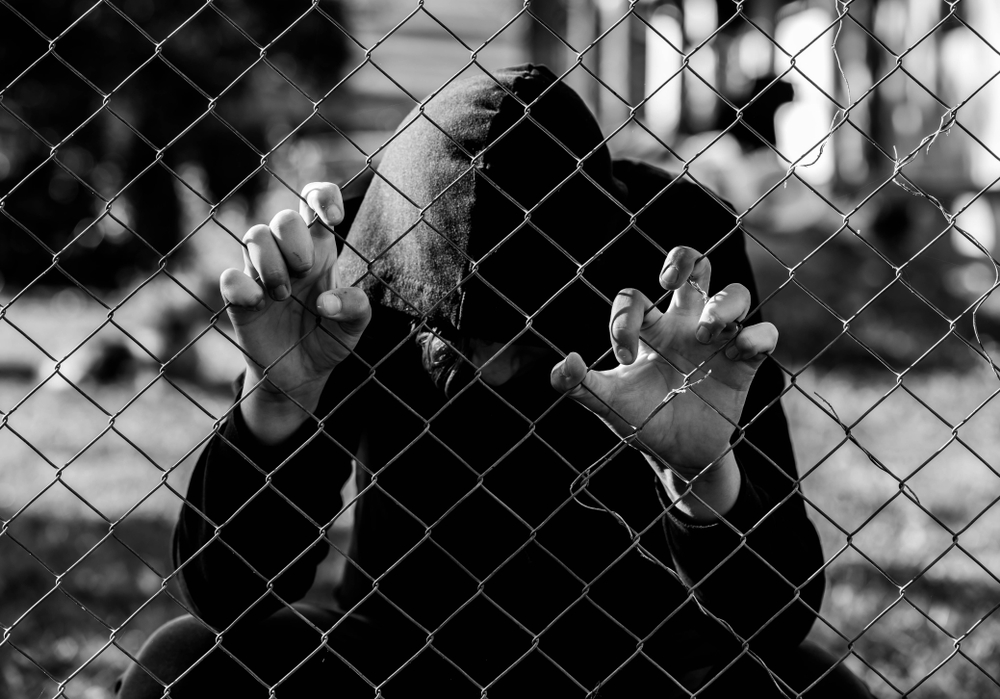When a teen acts defiant, belligerent, and disobedient, parents might think that a boot camp for teens will straighten the kid out. What parents don’t realize is that these boot camps for troubled teens can often make matters worse and not better.
What are Teen Boot Camps?
Teen boot camps are punishment-based programs with military-style structure, strict discipline and rigorous exercise. Often physical labor or exercise, like doing push ups, is used as a punishment. These programs are designed to break down a teen’s resistance to authority and force them to obey the rules. Teen boot camps are based on tactics used in actual military boot camps. While adults may choose to enlist and undergo military training, teens who are forced to attend boot camps may find the harsh treatment more harmful than helpful.
Teen Boot Camps Focus on Discipline and Punishment
Boot camps for troubled teens use punishments and fear as the main motivations to change behavior. Psychologists say that this kind of negative reinforcement is especially bad for teens with low self esteem. Teens with emotional and psychological issues need to live in a calm, structured environment where they feel safe, and where they can get therapy to help them with their problems.
The focus in boot camps for troubled teens is to force teens to change their behavior. Teens will change their behavior in order to avoid harsh punishments, and that may work in the short term. But without therapy to get to the underlying cause for that behavior, teens are only temporarily changing their behavior. They are not working through their problems or healing their emotional wounds. The change in behavior is based on external motivation – avoiding punishment – and not on internal motivation to do the right thing.
When teens leave these boot camps, and they no longer have someone giving them orders, they still haven’t learned how to make good choices and consider the real-world consequences of how they behave. They have not learned self-control or self-discipline. Rather, they have learned to avoid being punished.
Teen Boot Camps Do Not Provide Individual Therapy
Teen boot camps do not provide individual therapy. On the other hand, therapeutic boarding schools or behavior modification programs offer a safe, structured environment for teens with individualized therapy programs and individualized academic programs. Troubled teens need help with their emotional or psychological problems. Their change in behavior should be from a change in thinking, and from understanding the root causes of their problems. They need to learn how to process their emotions and cope with stressful situations. They need to learn to think through the consequences of their actions.
Teen Boot Camps Do Not Provide Family Therapy
Family therapy is also neglected in boot camps for troubled teens. Parents with troubled teens need to know how to interact and communicate with their teen and with each other. They need to repair their family relationship. Therapeutic boarding schools offer family therapy and transitional support to help the teen and the family adjust to life once the teen has returned home. This helps to prevent the teen’s relapse into old behaviors. Unfortunately, teen boot camps do not provide family therapy or follow-up support.
When Does Punishment Become Abuse?
A concern about boot camps for troubled teens is that the approach they take borders on abuse. Drill sergeants shout at teens. Confrontation and punishment is the focus. Emotional and psychological needs are ignored. As parents, you need to feel comfortable with your teen’s placement. Does the structure of the program you’re considering align with your style of discipline and child rearing? Or does it just feel abusive?
Does It Help or Hurt?
Teens who are forced to attend teen boot camps can become more distrustful of their parents and more disconnected.They may feel their parents have abandoned them and given up on them. Rather than getting help for their problems, they believe they are being punished for behaviors that they don’t understand and they don’t know how to control. They don’t get help with their emotional and psychological conditions; they do not receive the supportive and compassionate care that they need; and they don’t participate in family therapy which could help the entire family to heal.
Although teens may comply with orders while in the boot camp, they often return to old behaviors when they are released, because the threat of punishment is no longer there. They may become even more resentful and resistant to authority.
Getting Help to Make the Right Choice
HelpYourTeenNow is a parent advocate group that can help you to find the best therapeutic program for your troubled teen. Their experienced staff understands the different kinds of programs available. They can help you sort through the options and find a program where you can trust that your teen will be safe and well-cared for as they receive help with their issues.











0 Comments